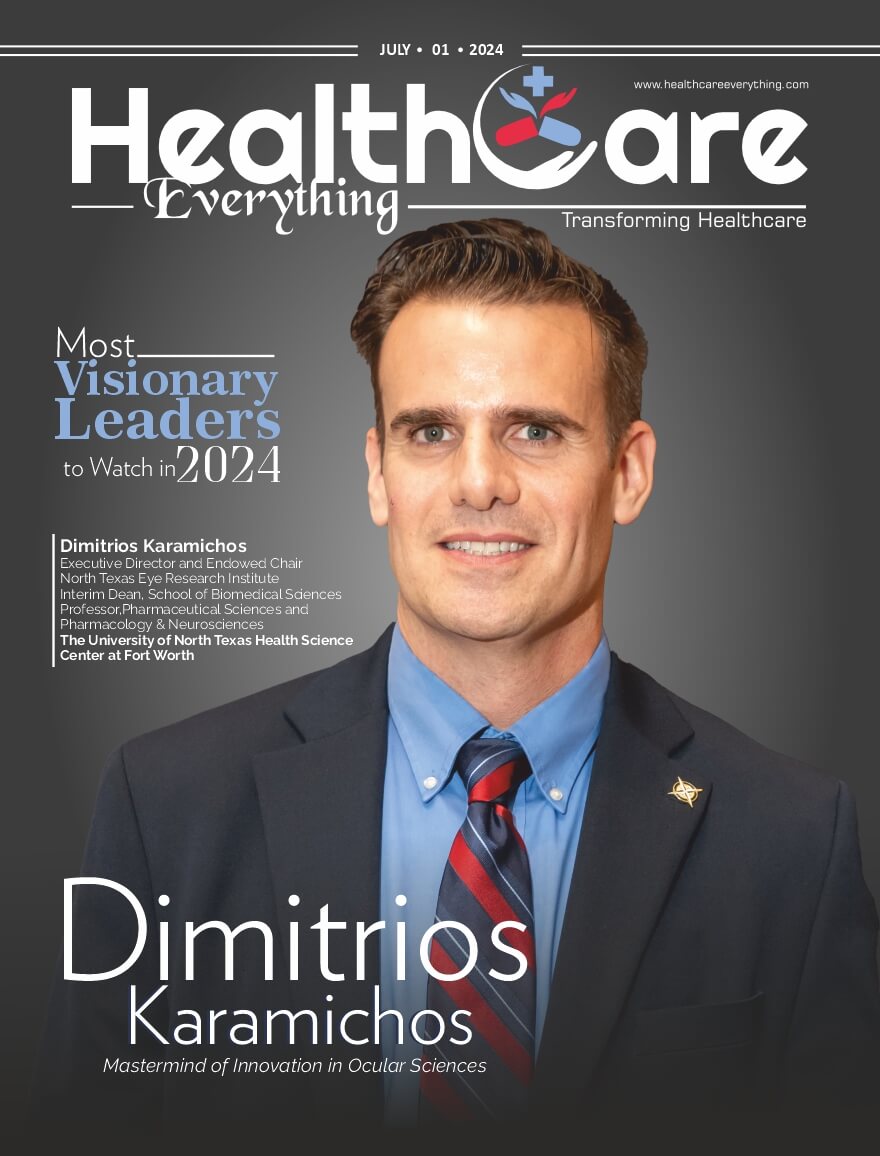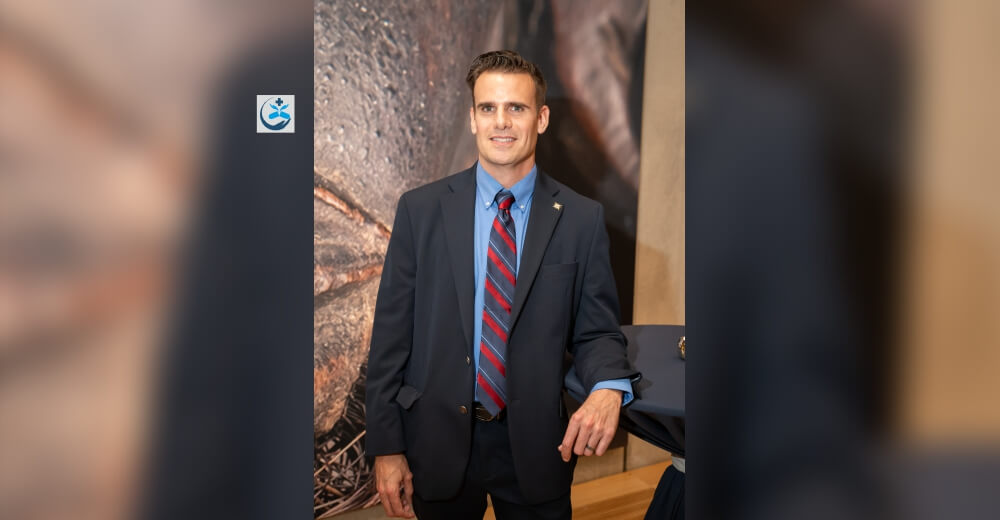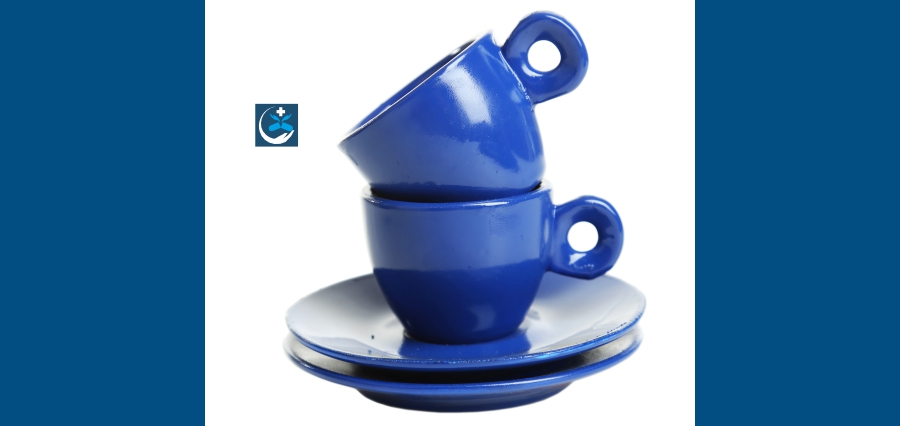Cancer presents a formidable challenge with its complex strategies of immune evasion, and Kineta is at the forefront of deciphering these complex biological processes. In the ongoing struggle between cancer and the immune system, a relentless battle unfolds where tumors strive to escape detection, and the immune system seeks to recognize and eradicate them.
Going beyond conventional therapies, Kineta delves into the profound world of innate immunity, seeking to retrain the body’s ability to detect and kill cancer. Guided by the seasoned expertise of Shawn Iadonato, Thierry Guillaudeux, and Jacques Bouchy, the company is on a mission to unravel the strategies of immune evasion employed by tumors and develop innovative drugs to offer patients new treatment options for managing cancer.
As a clinical-stage biotechnology firm, Kineta is dedicated to transforming the lives of cancer patients through groundbreaking immunotherapies. Focused on addressing mechanisms of cancer immune resistance, the company actively engages in the development of immunotherapies poised to revolutionize and uplift the lives of patients facing serious health challenges.
Shawn Iadonato, as Chief Executive Officer, brings over twenty years of expertise in guiding startup biotech companies and is also one of the co-founders of Kineta. Thierry Guillaudeux, the Chief Scientific Officer, brings over thirty years of experience in Immuno-Oncology, steering Kineta’s scientific initiatives from discovery to clinical trials. Jacques Bouchy, the Executive Vice President of Investor Relations and Business Development, adds a wealth of commercial pharmaceutical industry experience, ensuring Kineta’s growth and impact.
Explore the strategies, leadership, and transformative initiatives that position Kineta as a trailblazer in the Immuno-oncology frontier, charting a course toward a future where cancer can be met with resilience, innovation, and hope.
Shawn’s Odyssey in Drug Development
Shawn has played an important role in steering the course of innovation as the Founder and former Chief Scientific Officer of multiple companies in Seattle. He transitioned to the role of CEO at Kineta in 2016, bringing his passion for advancing healthcare solutions to a new level.
Reflecting on his journey, Shawn emphasizes his commitment to advancing drug development in critical areas such as cancer, infectious disease, and inflammation. He states, “My focus has always been on new drug development involving the immune system in cancer, infectious disease, and inflammation.”
Shawn sheds light on the transformative nature of his role, stating, “The CEO role has really allowed me to narrow the focus of the company to the immunotherapies that I thought were most exciting. Most exciting scientifically, and most exciting from a commercial perspective.”
Under his leadership, Kineta underwent a strategic refocusing, redirecting assets to align with the company’s emphasis on oncology. Shawn expresses his enthusiasm, affirming, “My fundamental motivation is that I’m really interested in groundbreaking science and new drug development. I really like biotech and the process of developing new drugs.”
In describing the excitement fundamental in their work, Shawn highlights the uniqueness of the areas they research, emphasizing, “A lot of the areas that we work in are very novel. So, it’s not like people have done the same thing before, and that novelty and innovation is very motivating.”
Innovating for Patient Well-being in Immuno-Oncology
In explaining Kineta’s mission, Thierry passionately articulates, “The mission of Kineta is to develop new drugs that are therapeutically very different than anything that’s been done before.”
Kineta directs its focus towards patients fighting with advanced stages of cancer, those who have traversed multiple lines of therapy and seek new treatments. Thierry underscores the vision, stating, “Our mission is to develop next-generation immunotherapies that transform patients’ lives.”
Emphasizing the importance of strategic focus in fostering innovation, Thierry echoes Shawn’s sentiments, noting, “Actually, I really think that if you want to be innovative, you need to focus on a specific area.” The strategic pivot to immuno-oncology aligns with Thierry’s lifelong dedication to this field, driven by a recognition of cancer as a pervasive challenge affecting both the young and the old worldwide.
Thierry notes, “To be on the top of innovation, you need to focus the whole company in this specific field.” Our focus on immuno-oncology is a deliberate choice, recognizing the complexity of science and the need for concentrated efforts in a specialized area.
Kineta is developing KVA12123, a new immunotherapy that blocks an innate immune target called VISTA. VISTA is a negative immune checkpoint that suppresses T cell function, a key cancer fighting function, in a variety of different types of tumors. Blocking VISTA can induce an effective immune response to re-engage a suppressed immune system to enable an anti-tumor response. This monoclonal antibody is in clinical development as a twice weekly infusion drug. KVA12123 is being evaluated in a Phase 1/2 clinical trial as a monotherapy as well as in combination with pembrolizumab in patients with advanced solid tumors. The company is also developing another monoclonal immunotherapy targeting CD27 that can address exhausted T cells, another way to fight cancer.
As an antibody-focused company, Kineta distinguishes itself through the development of fully human antibodies. Thierry emphasizes the significance of this approach, stating, “Our antibodies are innovative because they are fully human, and that’s also important for us because it prevents some possible adverse events in patients.” Safety remains paramount in Kineta’s attempts, with a deep-seated concern for patients’ well-being during drug administration. Sharing Shawn’s vision, Thierry adds, “I think that was also one of the visions that Shawn had in the company—to develop drugs that are safe and improve efficacy for patients that need better drug treatment options.”
Navigating the Frontier
In the evolving landscape of cancer treatment, Thierry articulates a pivotal shift from traditional approaches, stating, “The field of cancer is evolving to new immunotherapies that hold the promise of shrinking tumors and turning cancer into a chronic disease that can be managed” With a historical reliance on chemotherapy, radiation and the subsequent emergence of targeted therapy in the early 2000s, the current industry focus lies in the space of immuno-oncology.”
Highlighting the progression of therapeutic generations, Thierry explains, “And the current generation is focused on immuno-oncology, and that’s where Kineta is leading.” This latest wave encompasses drugs that target PD1, PD-L1 and CTLA-4, marking a significant breakthrough in 2010 and 2011. Their primary objective is to reinvigorate the immune system, enabling it to naturally combat cancer. However, Thierry acknowledges the variability in efficacy across different types of cancer.
Kineta’s focus is on the ongoing development of immuno-oncology drugs. Thierry states, “Our focus is to try to stimulate more immune cells and different immune cells to really help the immune system to fight back against cancer.” While still in the clinical development phase, this approach holds promise and remains a key area of concentration for the company.
Delving into the complicated dynamics between cancer cells and the immune system, Thierry explains, “Our immune system has a really important role in preventing cancer, and once a tumor becomes established, it’s usually because that tumor was able to defeat the immune system in some way.” Kineta’s research is deeply rooted in innate immunity and understanding how tumors evade the immune response and devising strategies to reverse this process, allowing the immune system to resume its natural role in eliminating cancer cells.
A Spotlight on Innovation and Expertise
Shawn shares the company’s bold approach, stating, “Our company only works on things that are innovative and novel. Novel drug targets and immunotherapies that haven’t been proven in the clinic yet. That’s a high-risk, high-reward proposition, and we’ve really positioned the company in that space.”
Expanding on this distinctive strategy, Thierry dives into the technical complexities, stating, “We decided to focus on a specific part of the immune response called innate immunity. It may be a little bit technical, but most of the companies right now are working on a specific type of cell that we call the T cells.” Thierry emphasizes the company’s differentiation by directing their focus toward a different facet of the immune response—innate immunity, a critical component in the early stages of the immune response.
Highlighting the uniqueness that sets Kineta apart, Jacques underscores several key points. Firstly, he credits the innovative science and the essential work of Thierry and Shawn, particularly in the domain of innate immunity, as the core area of research. Secondly, he points to the exceptional experience of the management team, with Thierry’s extensive background in immuno-oncology and immunology, complemented by seasoned professionals with vast experience in major pharmaceutical companies.
Jacques further notes the strategic prowess of the team, citing, “The management team has demonstrated continued success, and they are the right team in place to advance KVA12123 through clinical development and to keep moving the company forward.” With a background from Schering-Plough and Glaxo Smith Kline, Jacques brings his own wealth of commercial pharmaceutical experience to the table.
Jacques further highlights, “Kineta is an entrepreneurial, nimble company that’s been able to advance our drug programs very effectively in a capital efficient manner.” This, coupled with a strong leadership team and a commitment to innovation, positions Kineta as a trailblazer in the field.
Charting the Oncological Arms Race
In the battle against cancer, Thierry underscores the perpetual challenge of tumors adapting and genetically modifying themselves. The dynamic nature of tumors poses a substantial barrier in drug development, where initial success often gives way to the tumor’s ability to grow, evade and evolve. This is a frightening challenge for patients and clinicians, given tumors’ remarkable mutation rates compared to normal healthy tissue.
While the scientific community has achieved a breakthrough with immune checkpoint inhibitors, Thierry notes that only 20-30% of individuals treated benefit from first-generation immunotherapies. Thus, the team at Kineta remains committed in their belief that pursuing new innate immune drug targets and developing novel immunotherapies is imperative. The multi-pronged strategy involves developing new drugs, combining them with others, and persistently advancing to enhance cancer-fighting efficacy.
Shawn emphasizes the importance of perseverance in this pioneering endeavor, stating, “I really think that because what we’re doing is new, there’s an element of determination that’s really important. We have to stick with it and explore new solutions to address the medical needs of cancer patients.” Refusing to accept ‘no’ as an answer from scientists, clinicians, investors, or regulators is a key driver, allowing the team to forge ahead and seek innovative new treatment alternatives for patients and healthcare providers.
Adding a business perspective, Jacques aligns with Shawn’s emphasis on perseverance, highlighting the uniqueness of Kineta’s endeavors. He points out that differentiation is crucial in the marketplace for attracting investors today and ultimately clinicians seeking distinctive immunotherapies for their patients. Jacques states, “Everything we do is unique.”
Jacques further emphasizes the importance of differentiation in instilling confidence in patients regarding the effectiveness of new medicines. He notes, “Ultimately, patients want to have confidence that a new medicine they’re going to take is going to help them achieve an improved survival outcome for their cancer.”
Insights from Pioneers
Shawn, a seasoned entrepreneur, imparts invaluable advice for those embarking on the entrepreneurial journey, emphasizing the need for perseverance and commitment. He states, “I think that people have to understand that in order to do something really great and amazing, it takes real determination and commitment, and it doesn’t happen overnight.” He underscores the reality that success in developing a new drug requires overcoming numerous obstacles, and true greatness is a product of sustained effort over time.
Reflecting the spirit of endurance, Thierry emphasizes the importance of optimism in the face of complexities. He acknowledges the challenges posed by intricate scientific endeavors, the need for patience in navigating difficulties, and the unpredictable nature of the market. Thierry asserts, “You have to be deeply positive and persistent to keep this program moving forward and reach success.” Intrinsic positivity becomes a driving force in moving projects forward despite the inevitable hurdles and challenges that Kineta faces in the drug discovery and development process.
Redefining Cancer Treatment through Unique Drug Innovation
Kineta’s unique identity is forged in its pursuit of pioneering innate immunity-focused drugs that possess the transformative capability to shrink tumors—a distinctive objective that sets the company apart as a trendsetter in the field of oncology. The core mission is to develop next-generation immunotherapies that transform patients’ lives. Immunotherapies demonstrate efficacy to achieve tangible, unprecedented health outcomes for patients and marking a departure from conventional approaches.
Emphasizing the importance of focus and resilience, the team at Kineta is persistent in their commitment to proving the efficacy of KVA12123, their lead drug program as well as the second drug program targeting CD27 that is also focused on improving cancer treatment outcomes. The aim is not only to showcase the success of each of these drug programs independently but also to demonstrate the potential of these drugs when used in combination with other cancer therapies, radiation, and surgery.
Taking a tactical approach to these aspirations, the company sets specific milestones to mark its progress in drug development. One such milestone involves the release of clinical data for KVA12123, the lead asset targeting VISTA, slated for the second quarter of 2024. These key scientific updates, shared at major cancer conferences, serve as crucial checkpoints for investors, clinicians and patients, offering insights into the program’s advancement.
Looking ahead, Kineta outlines its phased approach, with plans to commence a phase two study in the third quarter of 2024. As the journey unfolds into 2025, the company anticipates releasing additional clinical data as both single agent therapy and in combination with other drugs that will further highlight the uniqueness and differentiation of the assets under development.
Kineta’s Vision for Transformative Healthcare
In a society heavily reliant on continuous medical advancements, the impact of new drugs and vaccines on human lives is profound, reshaping our ability to combat diseases effectively. Cancer, a significant health challenge, remains a focal point for innovation. The evolving landscape holds promise for unique and transformative approaches, offering substantial improvements in patient treatment and tangible effects on their lives.
Addressing the pressing needs of individuals in the advanced stages of their cancer journey, Shawn expresses Kineta’s commitment to developing new treatment options. These innovations aim to make an enormous difference for those who are running out of treatment alternatives. The mission to develop next-generation immunotherapies that transform patients’ lives.
As a society, the dependence on revolutionary solutions is pivotal, and Kineta envisions playing a pivotal role in this transformative journey. The success of the company is tied to the positive impact it can make on patients’ lives. By consistently pushing the boundaries of what is possible in medical innovation, Kineta aspires to be a pillar of progress, providing hope and new possibilities for individuals navigating the complexities of cancer treatment.







